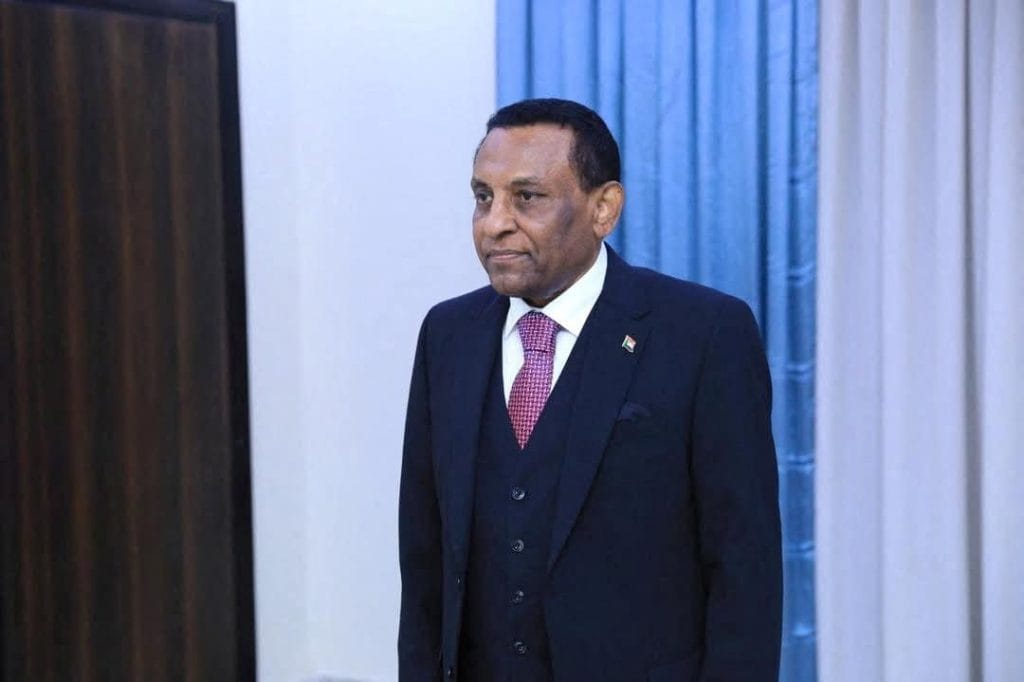Sudan’s newly appointed Prime Minister, Kamil Idris, has unveiled a 22-member technocratic cabinet aimed at restoring governance through merit and expertise — signaling a sharp departure from previous power-sharing arrangements that involved political and armed group quotas.
In a nationally televised address, Idris emphasized that his administration would be independent, professional, and free from political favoritism. “We will remove political quotas and nepotism from the structure of our government,” he stated, pledging to focus on competence, integrity, and technical know-how.
Idris was appointed to office on May 19 by army chief Abdel Fattah al-Burhan, marking the return of a civilian head of government since Abdalla Hamdok’s resignation following the 2021 military takeover.
The announcement challenges key elements of the 2020 Juba Peace Agreement, which had granted ministerial positions to leaders of armed groups, including Gibril Ibrahim as finance minister and a Sudan Liberation Movement representative overseeing the minerals portfolio. It remains unclear how these factions will respond to the shift in governance style.
The new Prime Minister has called on Sudanese professionals — regardless of political affiliation — to submit their credentials for inclusion in a national talent registry, which he described as a “central stockpile of expertise” to be used in rebuilding state institutions.
Idris also proposed a comprehensive review of public administration, vowing to dismantle redundant councils and commissions he described as “parallel governments” that drain national resources.
His bold reforms come amid ongoing tensions, economic instability, and humanitarian crises across Sudan — with many watching closely to see whether technocratic governance can navigate the complex political and security landscape.



